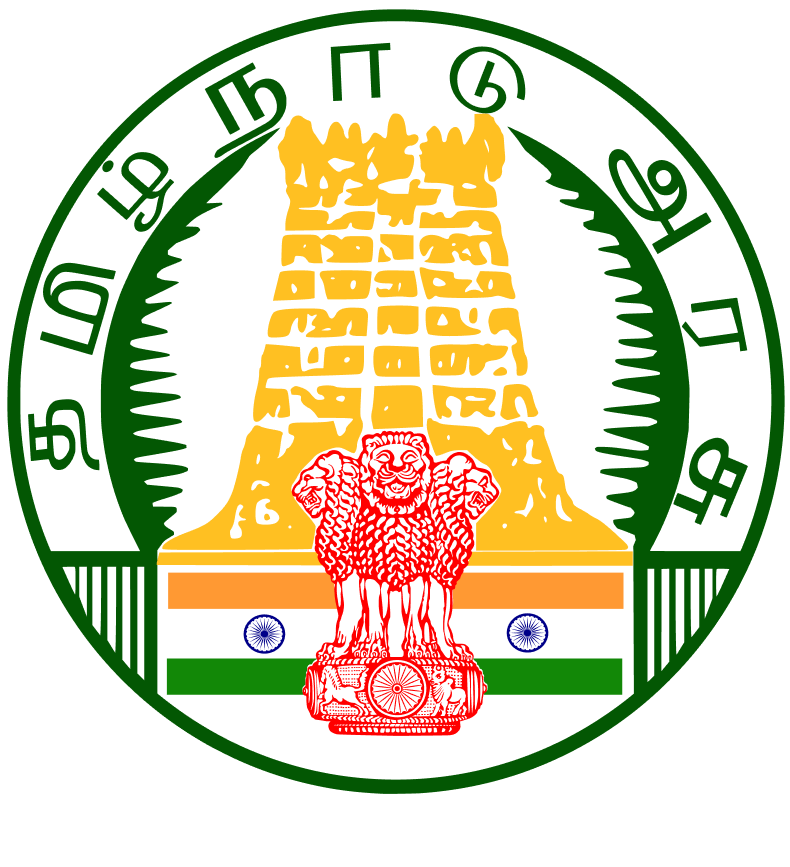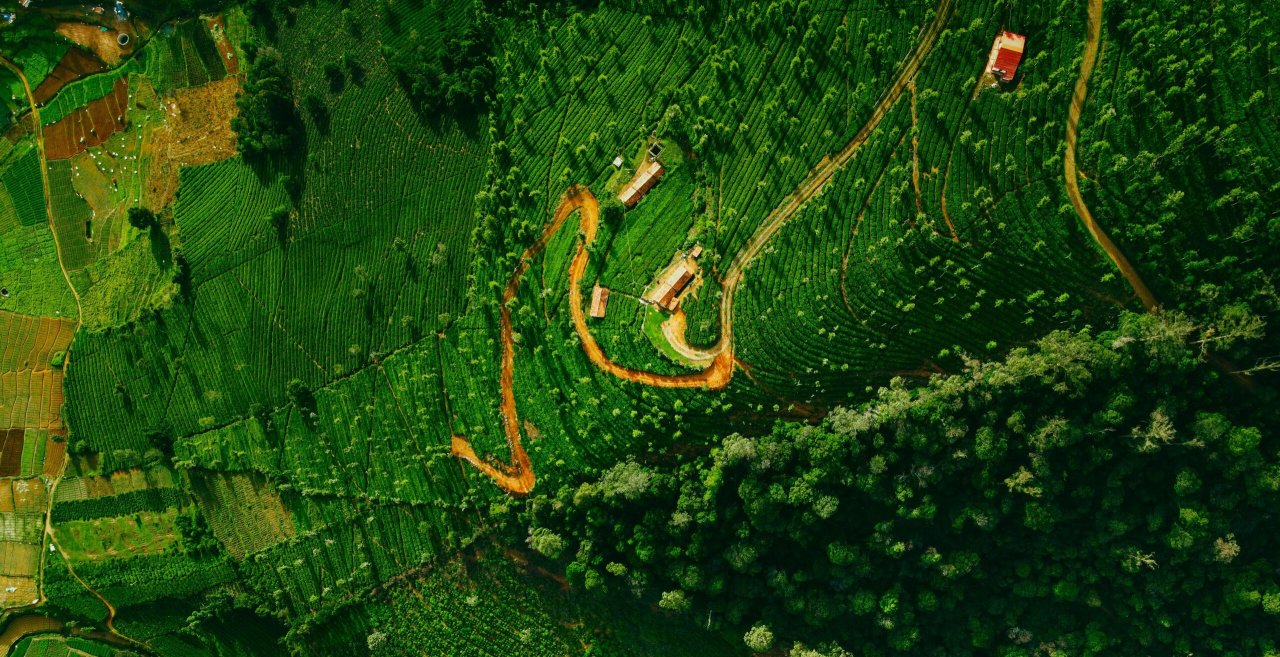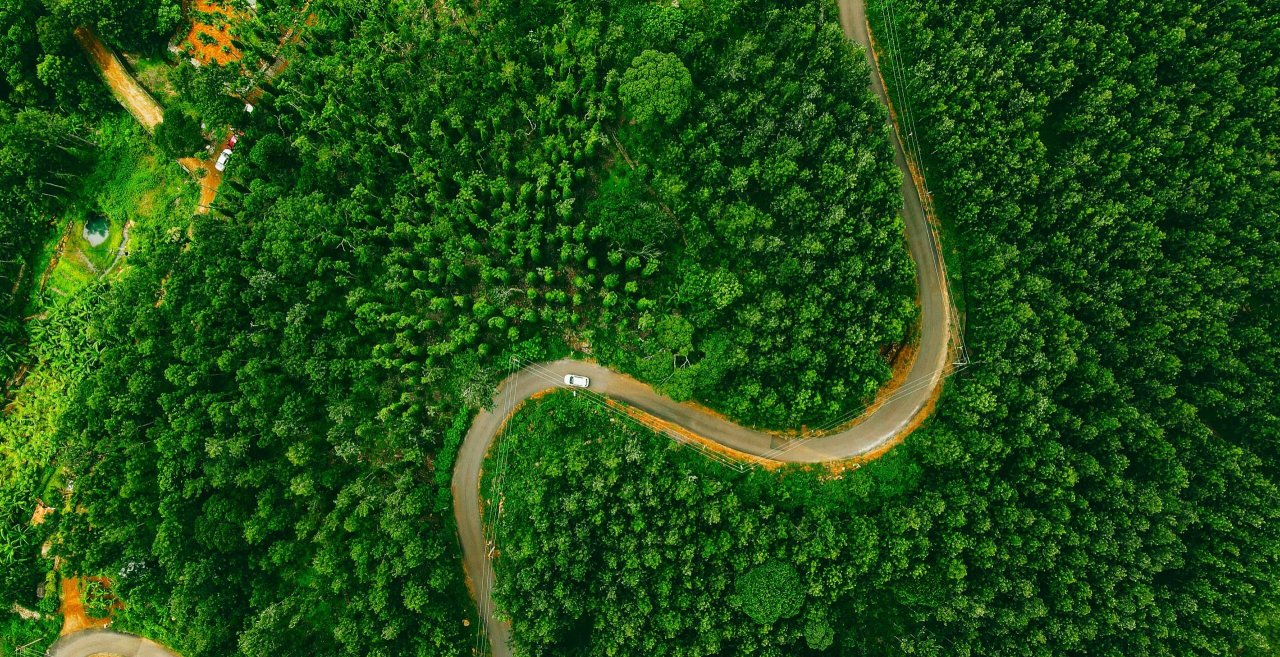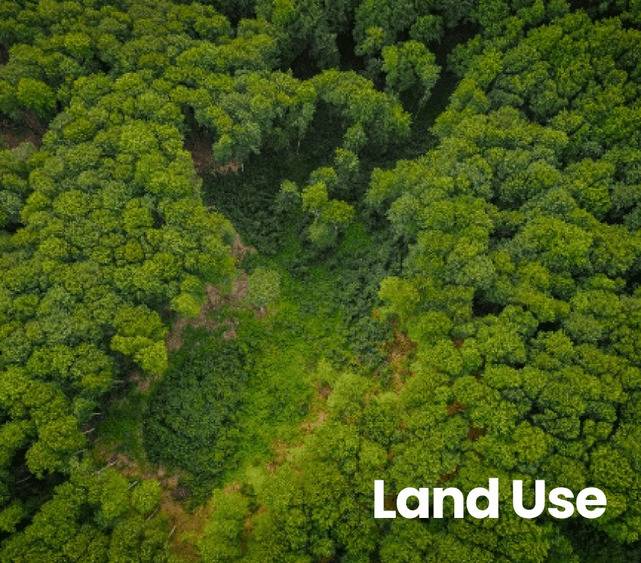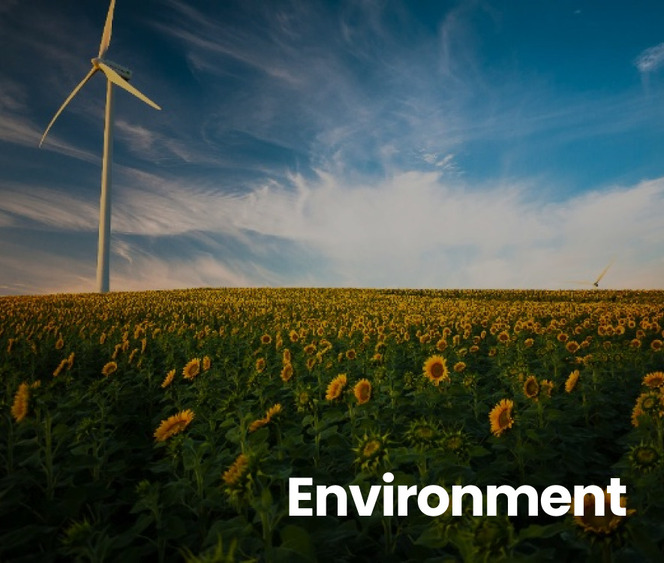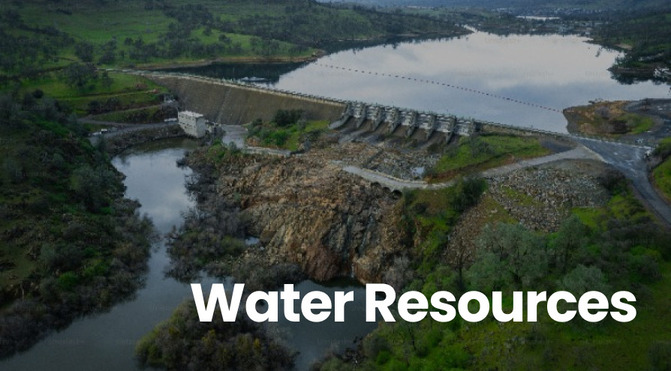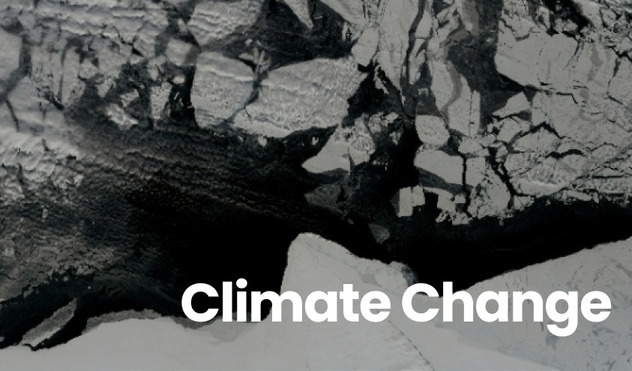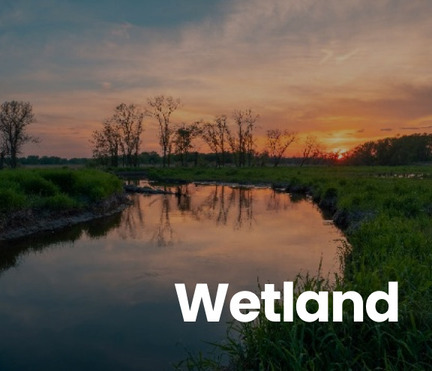The focus areas of the project include eco-friendly urbanization, agriculture, sustainable water and land resource management, sustainable tourism, renewable energy infrastructure, and natural landscape conservation, aiming to balance economic growth, environmental protection, and social well-being. Research studies in 6 focus areas are conducted with reputable institutions, organizations, and departments, supporting data updates for the Land Use information system and TNSLURB works.
The rapid pace of development in Tamil Nadu, coupled with the challenges posed by climate change, population growth, and urbanization, underscores the critical need for informed decision-making and sustainable practices. Research in key areas such as land use, resource management, and environmental conservation is vital to ensuring that development progresses in a way that balances economic growth with the preservation of natural ecosystems and the well-being of communities. By focusing on these areas, research provides the necessary evidence base to develop policies and strategies that address current challenges while anticipating future needs. This proactive approach is essential for maintaining the delicate balance between exploiting natural resources and conserving them for future generations, ultimately fostering a resilient and sustainable future for the state. The research studies conducted by TNSLURB since 2011 are categorized into ten prominent themes of current relevance. Click on the theme to get the details of the studies.
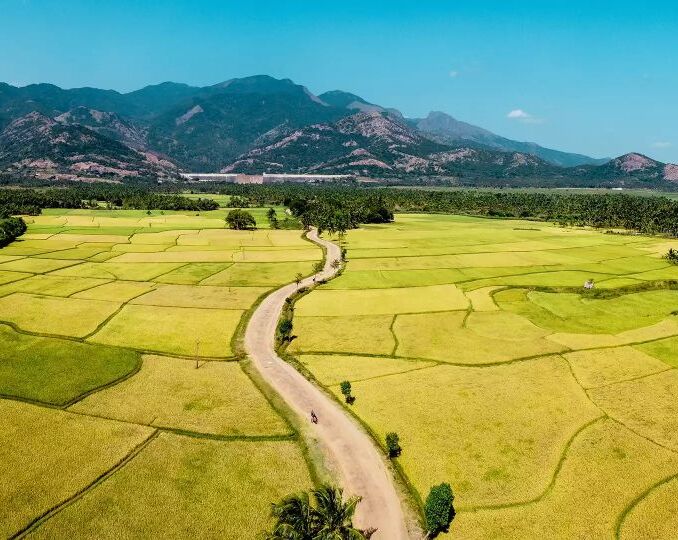
Land Use Information System (LUIS) act as a tool to develop policies and studies that supports the Government departments in taking policy decisions. LUIS is envisioned as a platform to overlay different data sets generated out of research and studies through the State Land Use Research Board and other allied institutions.

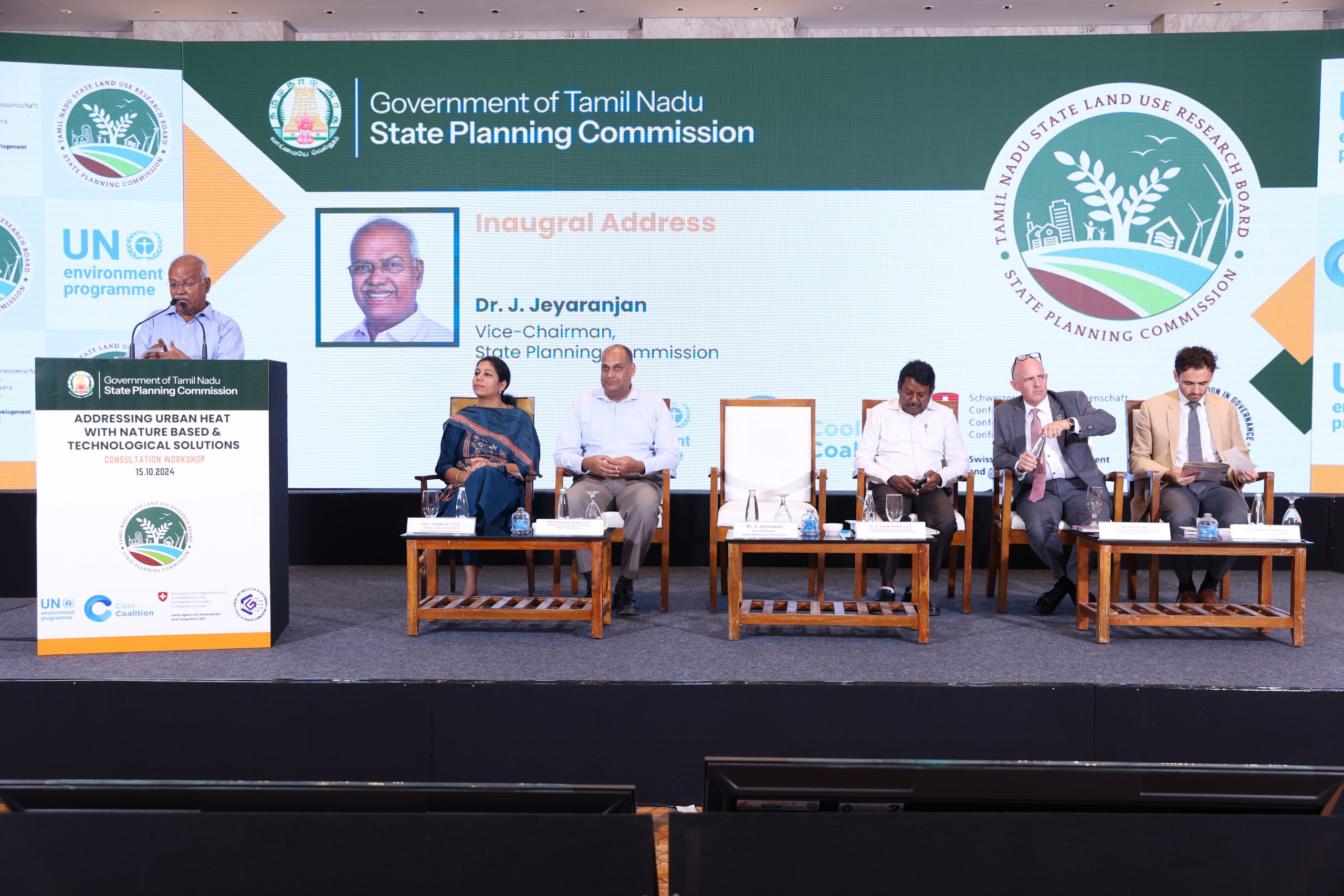
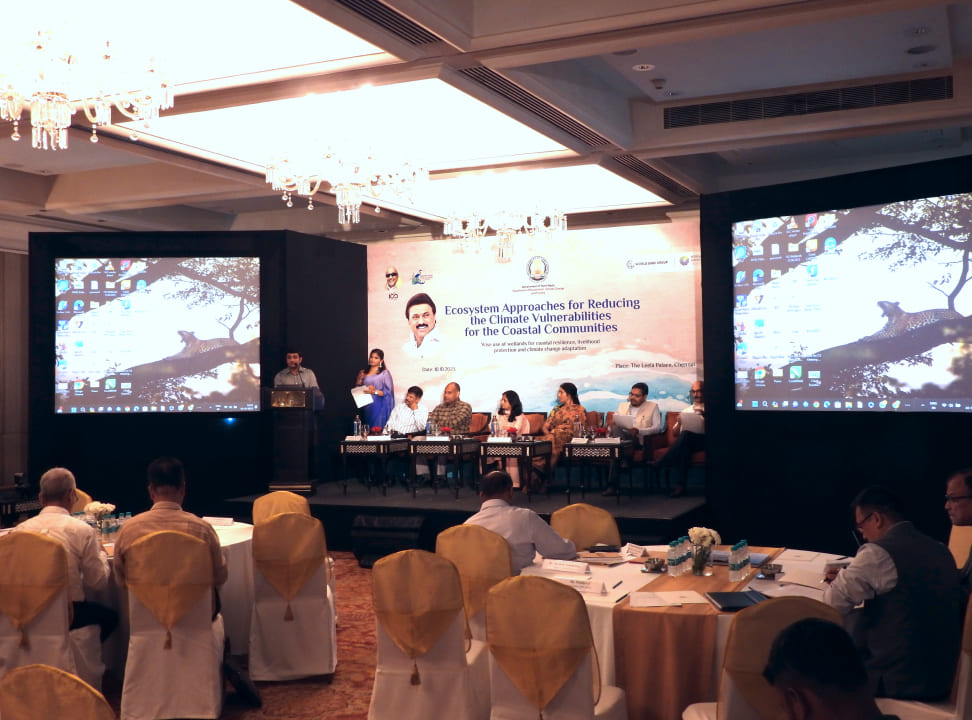
TNSLURB conducts workshops aiming to facilitate dialogue, analysis, and the development of recommendations to address pressing societal, environmental, and economic issues.
The Sustainable Development Goals (SDGs) aim to end poverty, protect the planet, and ensure peace by 2030. Land use is crucial in achieving these goals, impacting social, economic, and environmental aspects. Land use science helps understand the trade-offs and synergies involved in achieving SDGs. Optimizing land use can contribute to food security, water resource management, climate change mitigation, economic growth, and poverty reduction. The Tamil Nadu State Land Use Research Board (TNSLURB) supports addressing SDGs by aligning land use planning and management practices with broader sustainable development objectives. This holistic approach aims to create a resilient future that balances economic development with environmental conservation. Among the 17 goals, the following goals have direct relevance on land use.
Sustainable land-use systems shall alleviate poverty, secure livelihoods, and sustain natural resource utilization.
Sustainable land-use ensures sustainable food production and resilient agricultural practices, which increase productivity.
Integrated land use planning and sustainable management of water resources help to achieve access to water for all.
Land use planning is intrinsically linked to the promotion of renewable energy and the reduction of GHGs.
Sustainable land use practices create economic opportunities, promote sustainability, and protect livelihoods.
Sustainable land use practices promote resilient infrastructure, inclusive and sustainable industrialization.
Land use has linkages with urban climatology and city architecture. Integrated land use planning helps in improving urban living.
Sustainable land management and optimal resource utilization help to integrate environmental sustainability with growth.
Proper land-use planning helps in reducing emissions through deforestation, unscientific land use, and livestock production.
Sustainable land use helps in reducing the impact of land-based activities on marine ecosystems.
Sustainable land use underpins ecosystem protection and the conservation of biodiversity.
Land use and climate change are interconnected, with land use practices contributing to climate change and affecting the other. The Tamil Nadu State Land Use Research Board (TNSLURB) focuses on climate change mitigation, action, and resilience through sustainable land management and Nature-based Solutions. These approaches aim to reduce negative impacts of land use on the climate and enhance land use systems adaptability to climate change. TNSLURB s research will explore vulnerabilities in sectors like coastal land use, agriculture, forestry, water conservation, and disaster management. Accordingly, TNSLURB aims to works with stakeholders on following aspects to guide the state in achieving sustainable development
